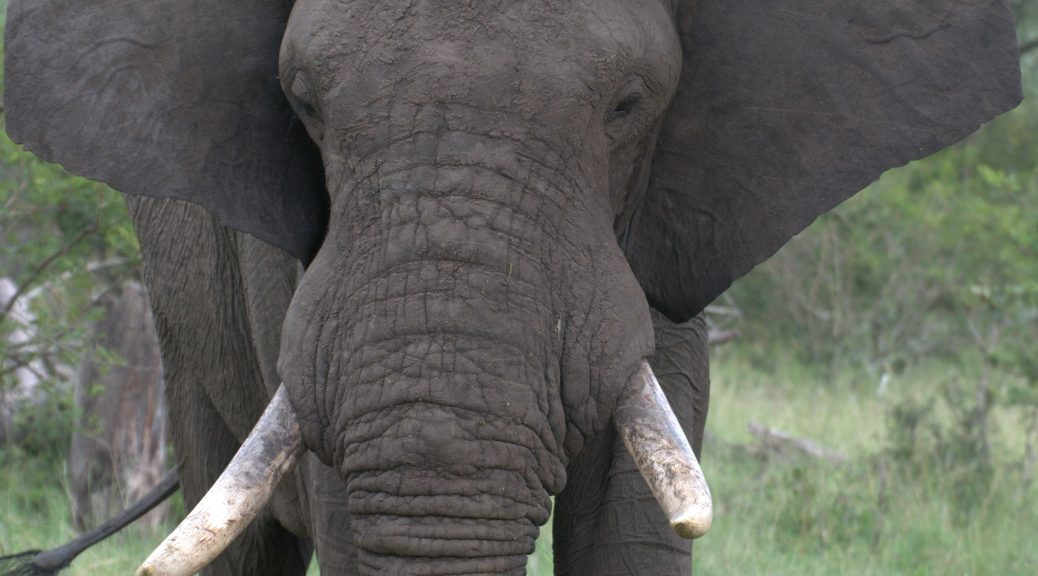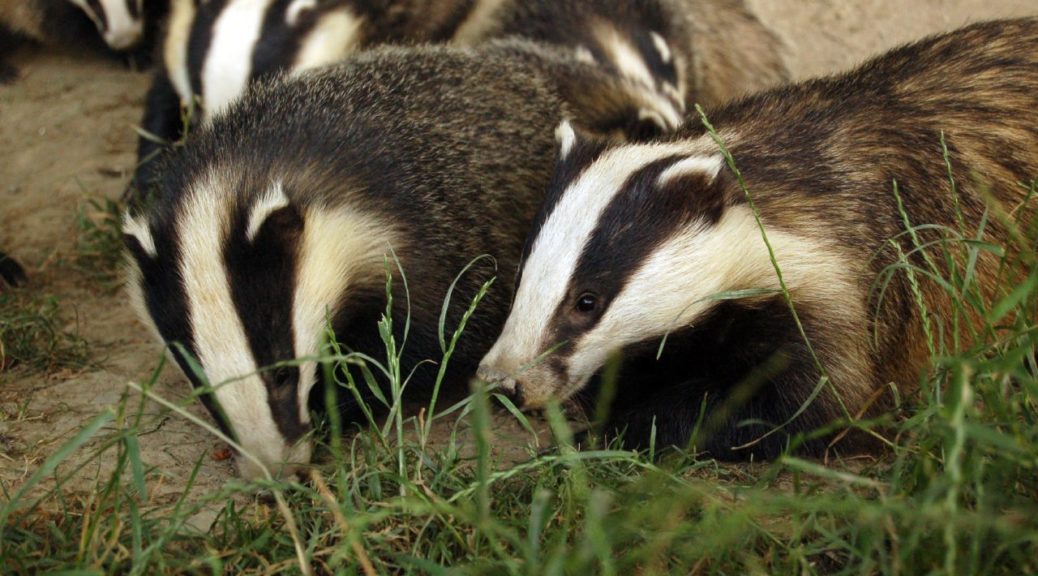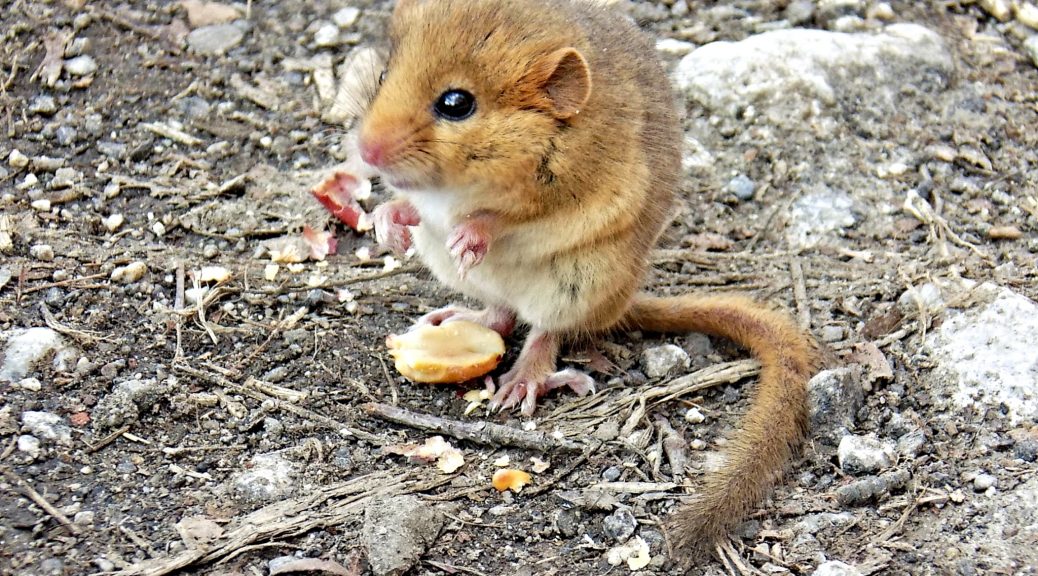THE GUARDIAN reports Britons are expected to generate record levels of food waste over Halloween this year. More than 8m pumpkins – equivalent to more than 18,000 tonnes of edible pumpkin flesh – will be heading for the bin because the majority of consumers will not eat it. About 40% of consumers buy fresh pumpkins to hollow out and carve to celebrate Halloween, but 60% of those admit they do not use the flesh, according to research by the stock cube brand Knorr and the environmental charity Hubbub.
All posts by Heather
High court to hear challenge to total ban on ivory trading
While antique traders argue otherwise, campaigners say removing ban would hamper global efforts to fight poaching.
The high court will hear an attempt to block a total ban on ivory trading this week, ahead of the imminent Brexit deadline and amid fears from conservationists that any change could revitalise elephant poaching.
Antique traders, who argue that sales of “cultural heritage” objects have no impact on the market for illegally-plundered tusks, are challenging the government over the 2018 Ivory Act which attracted cross-party support.
Atlantic salmon numbers are falling in British rivers
iNEWS reports according to the Atlantic Salmon Trust’s Missing Salmon Project, less than five per cent of salmon that leave Britain’s rivers return. Time was when salmon swam through the Thames in London, en route to their Berkshire breeding grounds. Indeed, the river was once described as a “fishful river”, and a 14th-century law was passed for the saving of its salmon.
Today, although many kinds of fish have multiplied in the Thames in the past few decades, you’d be lucky to find the majestic salmon there. But it’s not just the Thames that is lacking salmon. Wild Atlantic salmon have significantly declined in other British rivers.
Goshawks: The rare bird of prey returns to the New Forest
The BBC reports there were 20 goshawk breeding pairs recorded in 2011 in Hampshire, but Forestry England says there are now 40 pairs living in the New Forest alone. The woodland raptors are nicknamed the “Phantoms of the Forest” due to their elusive nature.
If you want to know more about Goshawks you can check out the write up of our FNW talk on goshawks from Dave Burges.
Sir David Attenborough calls for new planning laws to protect nature
INEWS and THE TIMES report just days after a major report found two fifths of the UK’s plant and animal species are in decline, the wildlife presenter is spearheading a new campaign to boost nature. He wants to create a joined-up network of habitats that would give wildlife an opportunity to roam far more widely than they do at the moment.
This would allow numerous species that are often penned into small, isolated, areas with relatively little food and shelter to prosper by moving to more suitable habitats through a network of “wildlife corridors” or nature paths, linking one suitable territory to another.
Badger culls risk increased spread of TB to cattle, study finds
BBC NEWS reports culling badgers drives them to roam further afield, allowing them to disperse tuberculosis over a larger area, new research suggests. The culls might thus increase the risk of TB spreading to cattle, the scientists behind the study warn. The review urged the government to explore alternative approaches to culling. It was led by zoologist Sir Charles Godfray, from Oxford University.
Photo by Tim Brookes under creative commons.
State of Nature Report: UK is in danger of losing a quarter of its mammal population, major wildlife report says
THE TELEGRAPH, BBC, THE TIMES, INEWS, INDEPENDENT, CHANNEL 4 NEWS report the Wild Cat and Greater Mouse-eared Bat are among those species teetering on the edge of disappearing, according to the State of Nature Report 2019, the first of its kind conducted in partnership with the government. Other mammals in decline include the European Watervole, the Eurasian beaver, the European hegehog, the Orkney vole and the hazel dormouse.
Nature is in decline, the wide-ranging survey has found, and 41 per cent of UK species studied have noticeably fewer numbers than when rigorous scientific study began in the 1970s. Additionally, 15 per cent of species – nearly 1,200 – are threatened with extinction from Great Britain, because of intensive agriculture and climate change.
Japanese Maple trees brought to UK as Forestry England steps in to save plants at risk of dying out in natural habitat
THE TELEGRAPH reports the government department, in partnership with the University of Oxford, has travelled to the country to pick up rare seeds to plant in arboretums and transfer them to our forests, where they will provide a welcome array of bright colours in autumn.
Japanese Maple photo by Scott McCracken under creative commons.
British holidaymakers warned off ‘macabre’ turtle dove shooting trips
The Telegraph reports British holidaymakers have been warned off going on shooting holidays to kill rare turtle doves, which migrate from the UK across Europe. At least least two British companies offer shooting holidays to Morocco, allowing interested parties to slaughter the endangered birds for fun in the country where it is legal to do so.
Shooters have been condemned as these are migratory birds who fly from the UK to Morocco – so those who kill the turtle doves are destroying the very birds the government is trying to protect. Turtle doves have suffered a 94 per cent UK population decline since 1995 and a 78 per cent decline across Europe since 1980. The RSPB has warned that the species could soon “be lost forever”.
Turning farmland into ‘wildlife parks’ could boost farmers post-Brexit profits, campaigners say
THE TELEGRAPH reports if Britain leaves the EU without a deal the farming industry could lose £850m a year in profits, according to research by Andersons, a farm business consultants. The effects are expected to severely impact sheep farmers. If farmers rewild their lands, by grazing traditional herbivores such as wild cattle or deer, and allow the natural landscape to regrow, it would create opportunities for “nature tourism”, said Rob Stoneman of Rewilding Europe.




